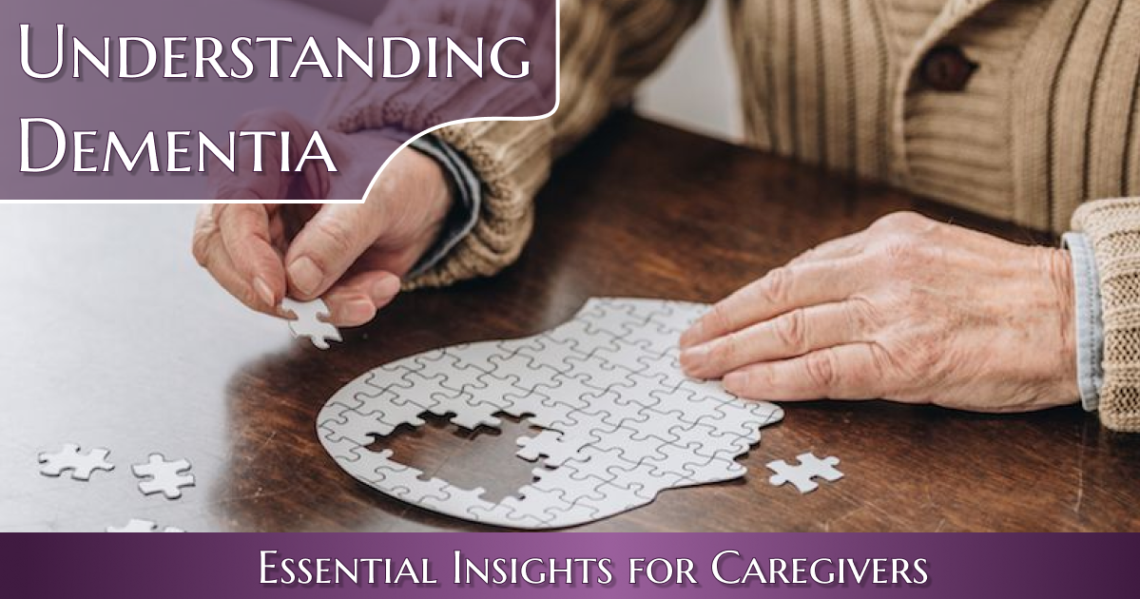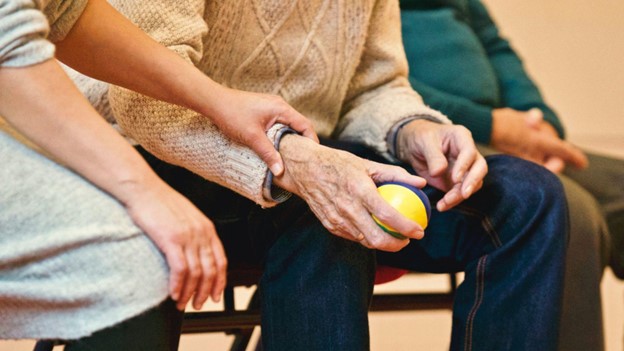caregiver support
-
Age in Place with Confidence
Image via Freepik Home Accessibility Modifications for Seniors Aging in place allows you to enjoy the comfort of your own home while maintaining your independence. However, certain home modifications can make your living environment safer and more accessible as you age. By making strategic changes, such as installing grab bars, adjusting lighting, and adding voice-activated technology, you can ensure your home remains a haven of comfort and security that supports your needs as they evolve. Grab Bars for Safety Installing grab bars in your bathroom and other vital areas provides much-needed stability. These bars can help prevent slips and falls, especially in slippery spaces like the shower or…
-
Holiday Tips for Caregivers
Making the holidays less stressful for caregivers truly resonates with me. While the festive season is filled with joy and celebration, it can often feel overwhelming, especially when you’re juggling the demands of caregiving along with holiday preparations. So, let’s explore some heartfelt, actionable tips to help lighten that load and allow for some genuine moments of joy. Prioritize Self-Care As caregivers, we often forget to take care of ourselves. But remember, your well-being is vital for both you and those you care for. Schedule “Me Time”: Carve out specific moments just for you. Whether you enjoy a quiet cup of tea, take a leisurely walk, or indulge in a…
-
Navigating the Digital World Safely
As the world becomes increasingly connected, seniors face new challenges when navigating the internet. Many are unfamiliar with basic online safety practices, making them vulnerable to scams, hacking, and identity theft. With more essential services like banking, shopping, and healthcare going digital, it's vital that seniors feel empowered and secure when using the internet. In my work at our local community center, I’ve seen firsthand how overwhelming this can be. Recently, I had the pleasure of helping Margaret, a lovely woman in her 70s who was anxious about online banking. She feared making a mistake that could cost her dearly. Her apprehension is something I’ve seen in many seniors who…
-
How To Nurture Your Well-Being While Supporting Others As A Caregiver
Photo via Pexels As a caregiver, your role is undeniably crucial, often leading you to prioritize the well-being of another above your own. However, maintaining your health and wellness is not just a benefit to you but also enhances the quality of care you provide. This article, courtesy of The Purple Vine, explores practical strategies to help you manage your responsibilities while ensuring your well-being remains a priority. Set Boundaries One of the most effective strategies you can employ is establishing clear boundaries between your caregiving duties and personal life. It's vital to define when your role as a caregiver pauses, and your own life resumes. This might mean…
-
Taking Care of Your Brain Health 💡🧠
Taking care of your brain health is just as crucial as maintaining physical wellness. By incorporating a few simple habits into your daily routine, you can keep your mind sharp, enhance cognitive function, and protect against cognitive decline. Essential Tips for Optimal Brain Health: Eat a Brain-Boosting Diet : Incorporate a balanced diet rich in fruits, vegetables, whole grains, and lean proteins. Foods high in Omega-3 fatty acids, like salmon, are particularly beneficial for cognitive function and brain health. Stay Physically Active : Engage in regular physical activity to increase blood flow to the brain and support neuron health. Aim for at least 30 minutes of exercise most days to…
-
Discover Effective Stress-Reduction Techniques 🌿✨
Are you feeling overwhelmed by the demands of daily life? Stress can quickly take a toll on your mental and physical well-being, but effective stress-reduction techniques can help you regain control and find balance. Here are some powerful methods to reduce stress and improve your overall health: Mindful Meditation : Incorporate mindful meditation into your daily routine. Spending just a few minutes focusing on your breath can significantly reduce anxiety and promote a sense of calm. Regular mindfulness practice has been shown to enhance mental clarity and emotional resilience. Deep Breathing Exercises : Engage in deep breathing exercises to instantly calm your mind and body. Try inhaling slowly through your…
-
Understanding Dementia: Essential Insights for Caregivers 🧠❤️
Caring for someone with dementia presents unique challenges, but understanding the condition can make a world of difference. By recognizing the early signs—such as memory loss, confusion, and difficulty with everyday tasks—you can seek timely intervention and support. Consulting a healthcare professional for a proper diagnosis is crucial to ensure your loved one receives the care they need. Key Strategies for Dementia Care: Maintain a Consistent Routine: Establishing a daily schedule helps reduce confusion and anxiety in those with dementia. Consistency offers a sense of security and predictability, making it easier for them to navigate their day. Clear Communication: Use simple, clear sentences when communicating. Speak slowly and calmly, allowing…
-
Progress Over Perfection
When did I get so tired? When was the last time I slept through the night? Do I even remember what it feels like to be rested? At this point, soaking in a hot tub for 15 minutes would feel like a mini vacation! I know I need help. There has to be a better way. Earlier today, I took both Mom and my mother-in-law, Jean, to their doctor’s appointments. As best friends, they enjoy spending time together, so I scheduled their checkups with the same physician to save time and reduce confusion. Mom is living with vascular dementia, and Jean is battling Alzheimer’s. Neither of them likes going to…
-
How to Stay Healthy as a Caregiver
Caring for a loved one is a rewarding experience, but it can also be physically and emotionally demanding. While you’re focused on their well-being, it’s crucial not to neglect your own health. To prevent illness and caregiver burnout, follow these essential tips to reduce stress and maintain your physical and mental well-being. Brought to you by The Purple Vine, your trusted source for caregiver support. 1. Limit Caffeine and Sugar for Better Sleep As a caregiver, getting enough rest is vital. Lack of sleep can increase stress and weaken your immune system. To improve your sleep quality, limit caffeine and sugar intake, especially in the afternoon. Avoid these stimulants after…
-
Just One Thing
How would our lives improve if we changed just one thing this week? Changing just any old thing may not have any impact, for example, putting on your shirt before your pants, if that's your habit. That won't cause any ripple effects, mood enhancements, or much else, as far as I'm concerned. But what if the ONE THING we focussed on was literally where we put our focus? Bear with me; it will make sense in just a minute. Have you ever found yourself dwelling on those who don't support you? The spouse, partner, sibling, relative, or friend who never seems to have time to help you?Have you noticed yourself…






